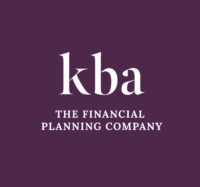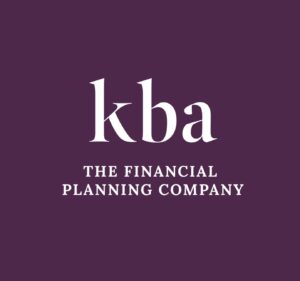The Bank of England (BoE) have steadily increased the base rate throughout 2022. And, on 3 November 2022, the rate increased again – this time from 2.25% to 3%.
This represents a 0.75 percentage point rise. The last time we saw rates increase by more than 0.5% was 33 years ago, in 1989.
The increase is a response to the sharp rise in inflation over the past few months, which hit 10.1% in September 2022.
Central banks raise interest rates as it can help lower inflation, by encouraging more people to save than spend. Over time, this should bring the costs of goods and services down and help lower inflation.
So, while an increased base rate can mean that your savings should earn more interest, what about the cost of borrowing and, more specifically, how does this affect your mortgage?
Read on to find out everything you need to know about climbing interest rates, and how they may affect your mortgage.
Your mortgage interest rate determines how much your monthly payments cost
Your mortgage interest rate determines how much the balance of your loan will grow each month. Higher interest rates will mean higher monthly repayments.
However, the impact of rising interest rates will depend on the type of mortgage you have.
If, like most people, you have a repayment mortgage each payment you make includes a set amount of money that pays back some of your balance plus interest on the amount still outstanding.
Should you have an interest-only mortgage, your balance remains static since your monthly payments cover the interest but none of the capital.
The type of mortgage you have will influence how quickly the interest rate rise affects you
Fixed-rate mortgages
If you are on a fixed-rate mortgage, the amount you pay each month will remain the same, so you will not be immediately affected by the interest rate rise.
When your fixed term comes to an end, any new mortgage deals you find are likely to be more expensive.
If your fixed term is due to end within the next three to six months, it may be a good idea to start shopping around for new deals now. You can often lock in a new mortgage deal up to six months in advance, which could help you beat any further interest rate rises.
Another good reason for looking for a good fixed-rate deal ahead of time is that when your current deal ends, you’ll usually be automatically moved on to your lender’s standard variable rate (SVR).
Typically, lenders set their SVRs between 2% and 5% above the BoE’s base rate. Although this is set at the lender’s discretion, it can rise or fall at any time.
So, since your lender’s SVR is likely to be more expensive than the fixed interest rate you have been used to, if you let your provider move you to their SVR without intervening with another plan, you’re likely to see an increase in your monthly repayments.
Standard variable rate mortgages
A standard variable rate (SVR) is set by your lender. The interest rate rise will usually affect the rate charged.
Whether you are on an SVR mortgage or a discounted variable mortgage (usually the lender’s SVR minus a fixed percentage), you will notice an increase in your monthly repayments over the coming weeks. Your lender should write to you to inform you of the exact increase to expect.
The good news is, if you are on your lender’s SVR, you can switch deals at any time. So, it may be a shrewd move to see if you could avoid further increased rates by switching away to a fixed-rate mortgage, especially since we may see more interest rate rises in the coming months.
Tracker mortgages
Tracker mortgages are designed to track the base rate. This means your monthly repayments will go up almost immediately as a result of the interest rate rise.
Proceed with caution if you want to switch away from your tracker mortgage to a different deal as you may be faced with an early repayment fee. Before you commit to anything, be sure to read the small print with care so you can make a calculated decision about whether it’s worth paying the fee to exit early. You may find it more cost-effective to stay put until your current term finishes.
We’re here to help you make the right mortgage decisions
Shopping around for the right mortgage can feel like searching for a needle in a haystack – but we’re here to make it much simpler.
Our team of specialist mortgage advisers has years of experience helping all kinds of people find the right mortgage for them. Our relationships with a wide range of lenders means we can access excellent deals and rates.
Whether it’s your first home, you’re moving to a new house, or looking to remortgage, we’re here to help you find the right deal and make the process smooth from start to finish.
When you work with us, you needn’t worry about what to do when your deal comes to an end. Our mortgage review service means we’ll contact you ahead of time to discuss your options and see if a new deal could work for you.
Get in touch
If you’re worried about how the latest interest rate rise may impact you and the affordability of your mortgage repayments or would like to explore your options around switching mortgage lenders, please get in touch.
Email contactme@kbafinancial.com or call us on 01942 889 883.
Please note: The content of this newsletter is offered only for general informational and educational purposes. It is not offered as, and does not constitute, financial advice.
Your home may be repossessed if you do not keep up repayments on a mortgage or other loans secured on it.
Think carefully before securing other debts against your home.
Some buy to let mortgages are not regulated by the Financial Conduct Authority.


